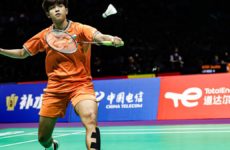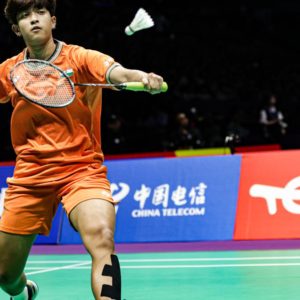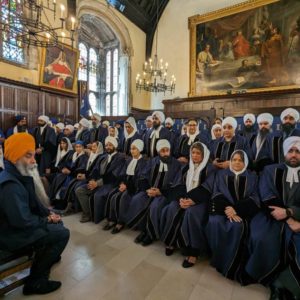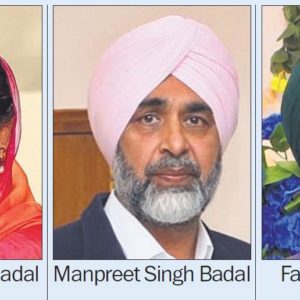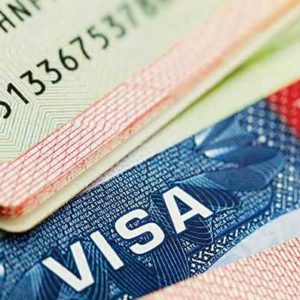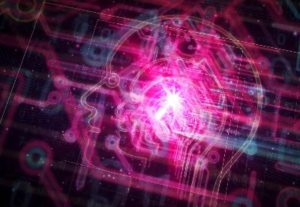
Artificial intelligence (AI) cannot be legally named as an inventor to secure patent rights, the Supreme Court has ruled.
In a judgment on Wednesday, the UK’s highest court concluded that that “an inventor must be a person” in order to apply for patents under the current law.
The ruling comes after technologist Dr Stephen Thaler took his long-running dispute with the Intellectual Property Office (IPO) to the country’s top court over its rejection of his bid to list an AI he created as the inventor for two patents.
The US-based developer claims the AI machine named DABUS autonomously created a food or drink container and a light beacon and that he is entitled to rights over its inventions.
But the IPO concluded in December 2019 that the expert was unable to officially register DABUS as the inventor in patent applications because it is not a person.
The decision was upheld by the High Court and Court of Appeal in July 2020 and July 2021.
Following a hearing in March, a panel of five Supreme Court justices have unanimously dismissed Dr Thaler’s case.
It is not a person, let alone a natural person and it did not devise any relevant invention
Lord Kitchin
The DABUS dispute centred on how applications are made under the Patents Act 1977 legislation, and the judges were not asked to rule on whether the AI actually created its inventions.
Lord Kitchin, with whom Lords Hodge, Hamblen, Leggatt and Richards agreed, said the IPO “was right to decide that DABUS is not and was not an inventor of any new product or process described in the patent applications”.
He continued: “It is not a person, let alone a natural person and it did not devise any relevant invention.
“Accordingly, it is not and never was an inventor for the the purposes of… the 1977 Act.”
The judge said the IPO was to entitled to find that Dr Thaler’s applications should be taken as “withdrawn” under patent rules because “he failed to identify any person or persons whom he believed to be the inventor or inventors of the inventions described in the applications”.
The Supreme Court also rejected Dr Thaler’s argument that he was entitled to apply for patents for DABUS inventions on the basis that he was the AI’s owner.
Lord Kitchin said DABUS was “a machine with no legal personality” and that Dr Thaler “has no independent right to obtain a patent in respect of any such technical advance”.
He added that patent law “does not confer on any person a right to obtain a patent for any new product or process created or generated autonomously be a machine, such as DABUS, let alone a person who claims that right purely on the basis of ownership of the machine”.
The judge said the IPO has previously been correct to emphasise that the case was “not concerned with the broader question whether technical advances generated by machines acting autonomously and powered by AI should be patentable”.
He added: “Nor is it concerned with the question whether the meaning of the term ‘inventor’ ought to be expanded, so far as necessary, to include machines powered by AI which generate new and non-obvious products and processes which may be thought to offer benefits over products and processes which are already known.”




 Uber Cup badminton: India’s young women’s squad beats Canada 4-1
Uber Cup badminton: India’s young women’s squad beats Canada 4-1
